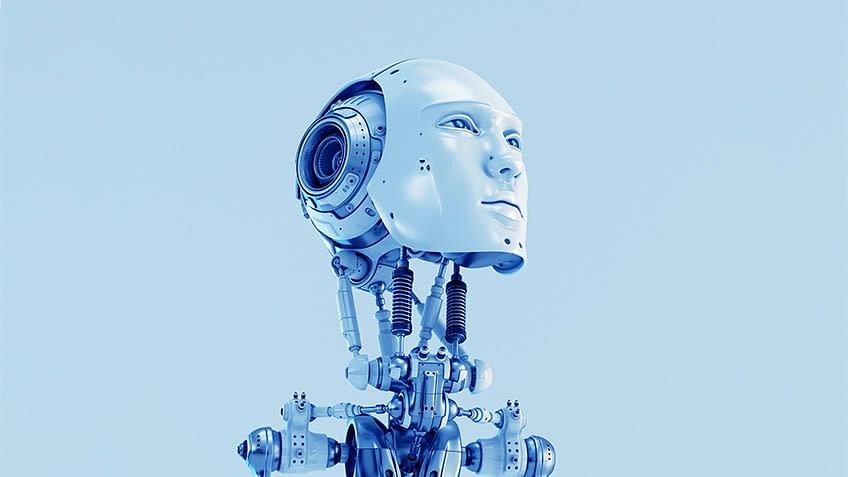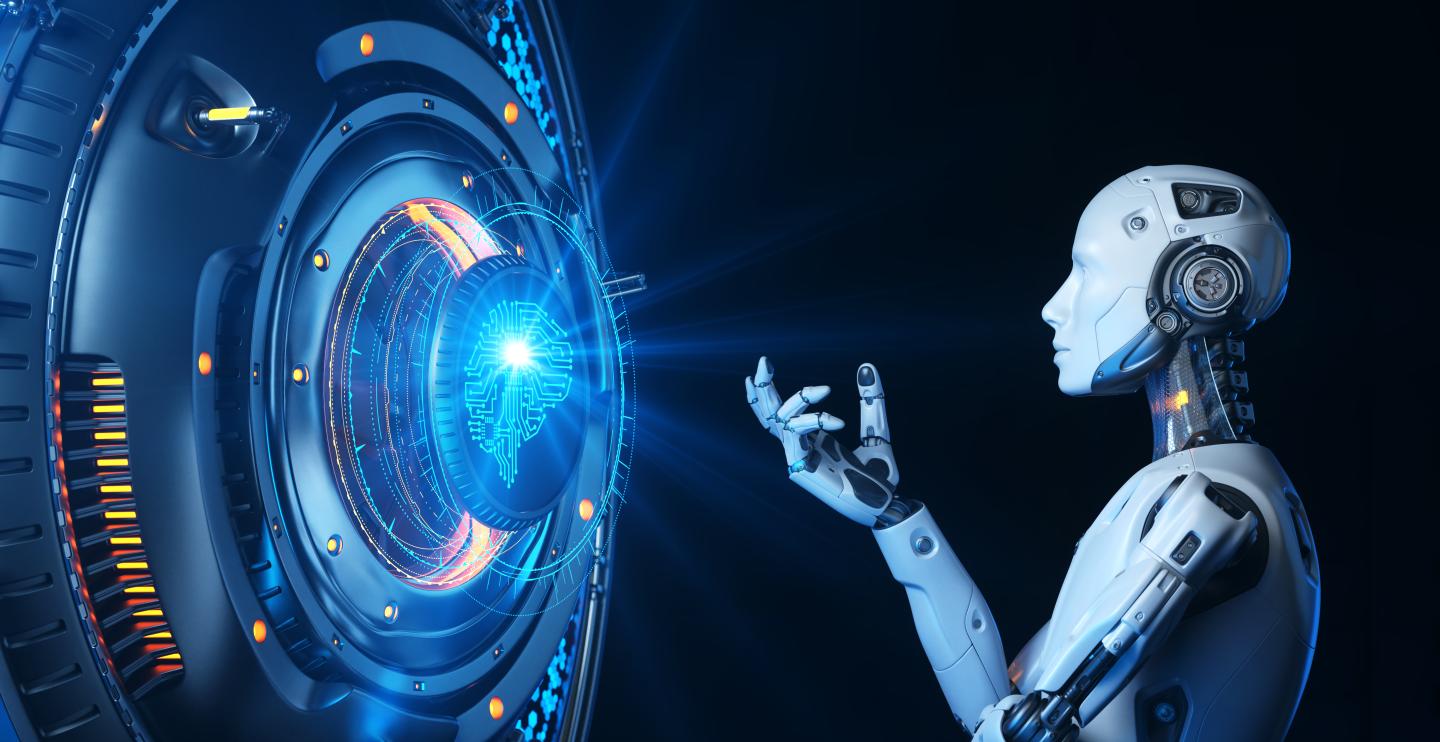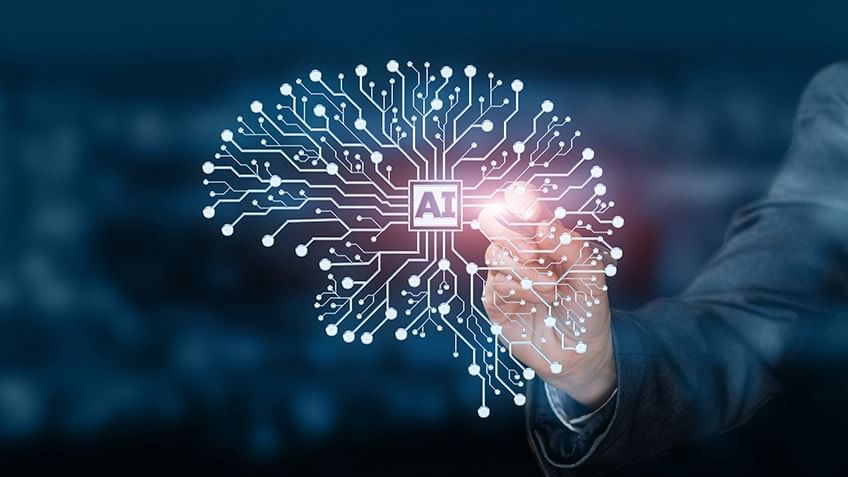Artificial Intelligence
Artificial intelligence
Artificial intelligence (AI) is the capacity of a digital computer or robot operated by a computer to carry out actions frequently performed by intelligent beings. The phrase is widely used in reference to the effort to create artificial intelligence (AI) systems that possess human-like cognitive abilities like the capacity for reasoning, meaning-finding, generalisation, and experience-based learning. It has been proven that computers can be programmed to perform extremely complicated tasks—like, for example, finding proofs for mathematical theorems or playing chess—with remarkable proficiency ever since the development of the digital computer in the 1940s. Nevertheless, despite ongoing improvements in computer processing speed and memory space, there are currently no programmes that can match human adaptability across a larger range of activities or those needing a substantial amount of background knowledge.
In contrast to the intelligence exhibited by humans and animals, artificial intelligence (AI) is the ability of machines to perceive, synthesise, and infer information. According to OED (OUP), artificial intelligence is:
the theory and creation of computer systems that can carry out tasks that would typically need human intellect, like speech recognition, language translation, and visual perception.
While intelligent agents as systems that use artificial intelligence are an important application of AI, many AI systems do not perform any intelligent tasks. Several significant sub-fields of AI research (as opposed to AI itself) have used working definitions of the intelligent agents field of study. This refers to any system that perceives its environment using an AI-component and takes actions (using procedural / hard-coded components) that maximise its chance of achieving its goals (often not even decising on an output from probabilities, but outputting several).
Previously, robots that mimic and exhibit "human" cognitive abilities associated with the human mind, like "learning" and "problem-solving," were referred to as "artificial intelligence." Major AI researchers have now rejected this notion and are now describing AI in terms of rationality and acting rationally, which does not constrain how intelligence can be expressed.
Applications of AI include cutting-edge web search engines (such as Google), recommendation systems (used by YouTube, Amazon, and Netflix), understanding human speech (such as Siri and Alexa), self-driving cars (such as Tesla), automated decision-making, and competing at the highest level in strategic game systems (such as chess and Go).
Since its establishment as a field of study in 1956, artificial intelligence has gone through a number of cycles of excitement, disappointment, and funding loss (dubbed a "AI winter"), new approaches, successes, and renewed investment. [8][11] Since its inception, AI research has experimented with and abandoned a wide range of methodologies, including modelling human problem-solving, formal logic, extensive knowledge bases, and animal behaviour imitation. Machine learning that is heavily based in mathematics and statistics has dominated the subject in the first two decades of the twenty-first century. This approach has been very effective in solving many difficult problems in both industry and academia.



Comments
Post a Comment